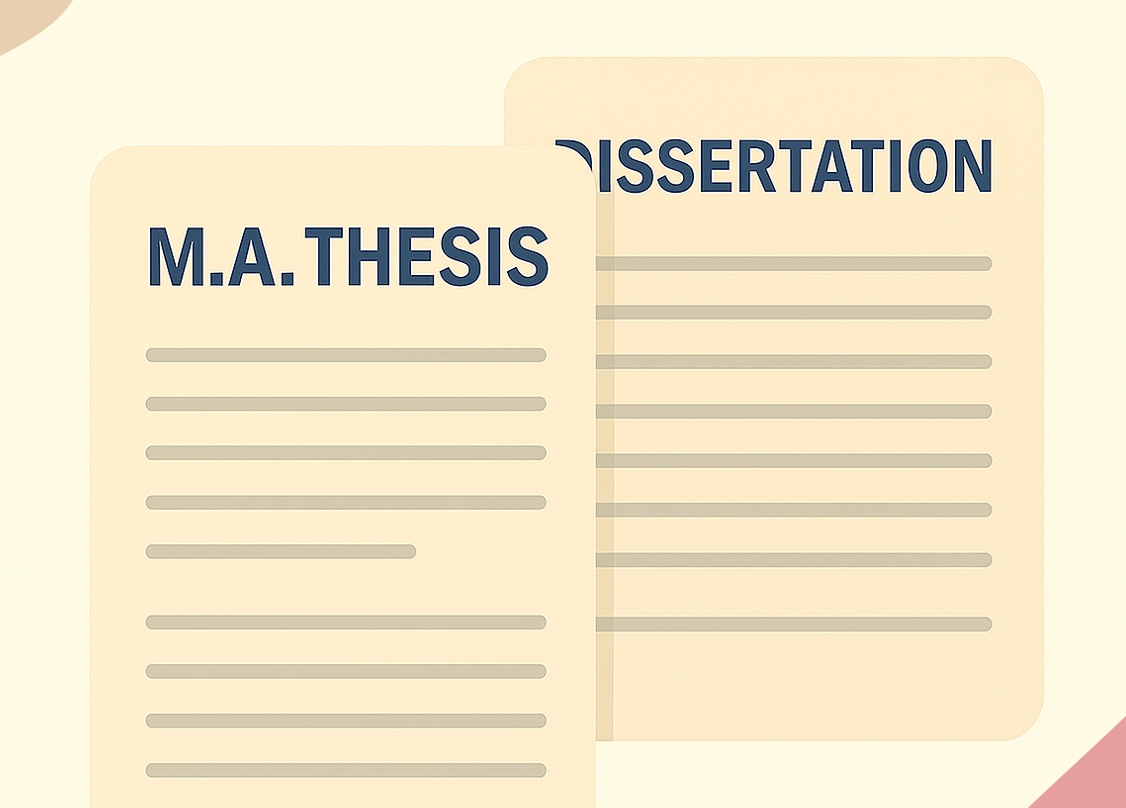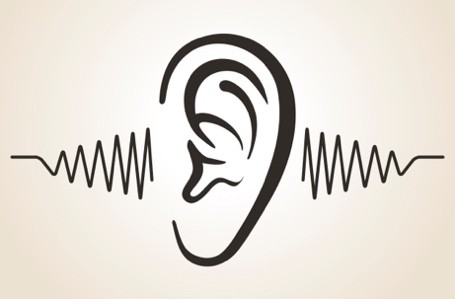Applied Linguistics Courses
Summer 2026 |
|
 |
ESL 5317 Advanced Projects in Academic English: Theses and Dissertations This course focuses on advanced academic writing with an emphasis on the development, revision, and completion of graduate-level theses and dissertations. Students are introduced to the genres, conventions, and organizational structures of theses and dissertations, as well as effective writing strategies for successful completion and defense. Topics include developing research questions, preparing proposals, and writing and revising core chapters (introduction, literature review, methodology, results, discussion, and conclusion). The course also addresses related professional practices such as working with a committee, conducting ethical research, managing time, and preparing for the oral defense. While designed primarily for international graduate students, the course is beneficial for all students planning to complete a thesis or dissertation in their discipline. |
Fall 2026 |
|
 |
LING 5312. Introduction to linguistics for second language educators. Tuesday/Thursday 2:00-3:20 PM (Dr. James Lee) You will explore the systematic organization of foundational areas of linguistics, including. Phonetics, Phonology, Syntax, Morphology, Semantics, and a bit of pragmatics. While English is the main language we examine inside the structure of the course. In addition to traditional content testing, the assessments require you to transpose the information about English so that the course content is relevant to you as an educator of a language other than English. You will be engaged in two levels of transposition, based on the audience to which you are writing. First is a pedagogical level for which classroom learners are the audience. How are the syntactic patterns of for example, French, Mandarin, Arabic, etc. organized? How can you describe the syntactic system of X language to meet the needs of this audience? Second is the research level for which researchers of second language acquisition are the audience. Why has a particular aspect of the syntax of X language been selected for investigation? How do you describe it to linguists who do not seek to acquire X language, but seek to understand the intricacies of the linguistic target of the investigation. Both types of presentation are found in Lee and Doherty (2019). The pedagogical account of the morphosyntax of Spanish ‘be’ passives is provided in the supplemental materials. The linguistic/researcher-oriented presentation is provided in the body of the article. |
 |
LING 5322: Theoretical and Research Foundations of Second Language Teaching Wednesday 3:30-6:20 PM (Dr. Kristen Michelson) This course is designed for students preparing to teach second and foreign languages to adults at the secondary or tertiary levels and aims to help you in your development as an effective, reflective practitioner-scholar in the teaching of languages, with a specific focus on the goal of understanding and implementing “contextualized language instruction”. Through a combination of weekly face-to-face class meetings and interactive online discussions and readings during the week, this course will consist of learning activities that invite collegial discussion among peers through critical inquiry into pedagogical concepts; ongoing reflection on your teaching praxis; and creative, collaborative development of instructional activities. We’ll explore historical developments in language teaching, current research on second language acquisition, and various approaches to explicit and implicit instruction, culture integration, and L1 use. You’ll develop skills in materials evaluation, materials curation, and effective lesson planning. We’ll examine how to create empathic learning environments that accommodate different learning preferences and backgrounds. The course will also introduce you to key professional organizations and scholarly resources in our field. This course will be conducted in English. |
 |
LING 5330: Second Language Acquisition How do people learn a second language, and why do learners follow similar developmental paths despite different backgrounds and learning contexts? What roles do input, interaction, cognition, and social factors play in shaping second language development? This course introduces key theories, models, and findings in second language acquisition (SLA), drawing on both classic and contemporary research. We’ll explore major topics such as learner variability, age effects, input and output, attention and noticing, and the relationship between instruction and acquisition. By connecting SLA theories to real learning and teaching experiences, the course will equip you with the tools to critically evaluate research, understand learner language, and apply SLA insights to pedagogy and applied linguistics research. |
 |
LING 5382/SPAN 5343: Affective Dimensions of Language Learning Tuesday 3:30-6:20 PM (Dr. Elola) This graduate course examines key constructs from positive psychology as they relate to second and heritage language learning and teaching, with a particular focus on motivation, anxiety, self-efficacy, and learner engagement. Grounded in Applied Linguistics and SLA research, the course explores how affective, cognitive, and social factors shape language development, classroom participation, and learner persistence. Students will critically engage with foundational and contemporary scholarship on motivation (e.g., L2 Motivational Self System, situated motivation), language anxiety, and self-efficacy, analyzing how these constructs operate across different instructional contexts, learner populations, and modalities. Special attention will be given to how pedagogical practices, classroom interaction, and assessment practices can foster (or hinder) positive learner experiences and equitable participation. A central component of the course focuses on questionnaires as a data collection method in language education research. Students will learn principles of survey design, including construct definition, and item development. Through hands-on practice, students will design, pilot, and refine their own classroom-based questionnaires aimed at investigating issues such as motivation, anxiety, engagement, or self-efficacy in language learning settings. |
 |
LING 5383: Seminar on Teaching and Researching Listening Thursday 3.30-6.20 PM (Dr. Vito Miao) Why is listening often considered the most challenging language skill to teach and assess? What does it actually mean to “understand” spoken language, and how can listening instruction be made more effective and research-informed? This seminar examines listening as both a cognitive process and a pedagogical practice in second language learning. We’ll explore theories of listening comprehension, key research methods in listening studies, and practical approaches to teaching and assessing listening in diverse contexts. Along the way, we’ll critically evaluate classroom practices, while connecting research findings to your own experiences as listeners, learners, and teachers. The course will equip you with the tools to design, analyze, and research listening instruction with confidence and rigor. |
Classical & Modern Languages & Literatures
-
Address
CMLL Building, 2906 18th St, Lubbock, TX 79409 -
Phone
806.742.3145
